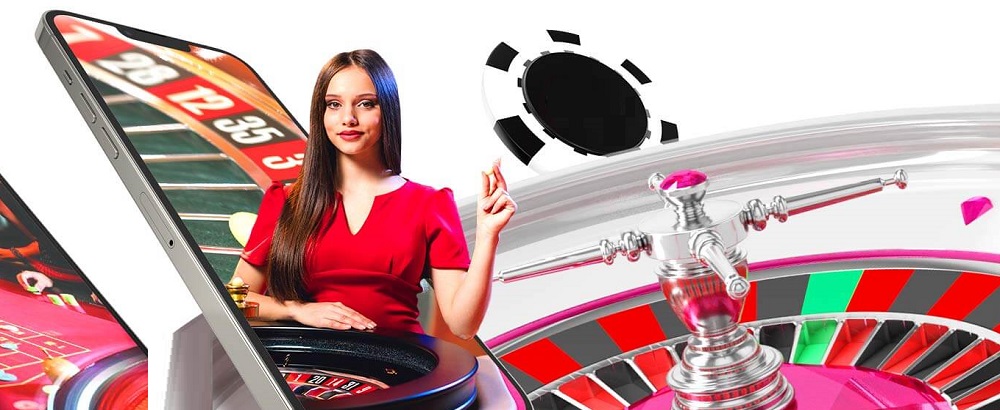The Reincarnation of the Roulette Game: From Origins to Virtual Reality

Roulette, often hailed as the quintessential casino game, has undergone significant transformations since its inception. This article traces the history of roulette, exploring its early forms, its introduction into casinos, the emergence of live roulette, the development of virtual reality (VR) roulette, and the factors contributing to its enduring popularity.
Roulette’s origins can be traced back to 18th-century France. The word “roulette” means “little wheel” in French, and the game was likely inspired by older games like Roly Poly and Even-Odd. Initially, roulette wheels had both a zero and a double zero, a format still used in American roulette. However, in the 19th century, European casinos adopted a single-zero wheel, increasing players’ odds and boosting the game’s popularity.
The First Roulette Game in a Casino
The first recorded instance of roulette in a casino setting was in 1796 in Paris. This early version already had most of the features seen in modern roulette but was a simpler prototype. As casinos spread across Europe and America, roulette became a staple, with its easy-to-understand rules and engaging gameplay.
The Rise of Live Roulette
Live roulette at casino cresus brings the traditional casino experience into homes through online platforms. In live roulette, players interact with real dealers through video streaming, combining the convenience of online play with the authenticity of a physical casino. This innovation was significant, as it made the game accessible to a broader audience and added a new social element to online gambling.

Development of VR Roulette
The latest evolution in roulette’s history is the advent of VR technology. VR roulette offers an immersive experience that simulates a real-life casino setting. Players can interact with the environment and other players, making the game more engaging and realistic. This technological leap has redefined the boundaries of online gambling and is set to shape the future of roulette.
Growing Popularity: Why Roulette Reigns Supreme in Casinos
Roulette’s enduring popularity can be attributed to several factors. Firstly, its simplicity makes it accessible to both new and experienced players. The game also has an inherent excitement, with the suspense of the spinning wheel captivating players. Furthermore, roulette offers a wide range of betting options, appealing to both risk-averse and risk-taking players. The social aspect of the game, especially in live and VR formats, also contributes to its appeal. From its humble beginnings in 18th century France to the high-tech world of VR casino cresus, roulette has stood the test of time, constantly adapting and evolving. Its simplicity, excitement, and adaptability have cemented its status as a casino favorite, drawing in millions of players worldwide.





